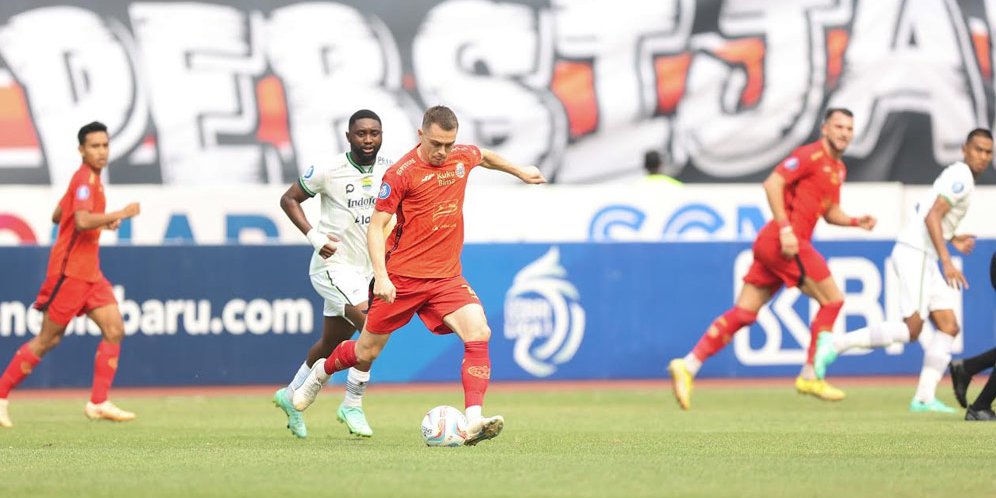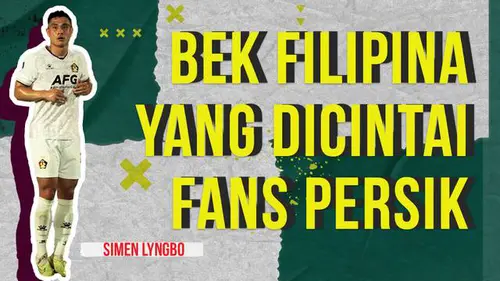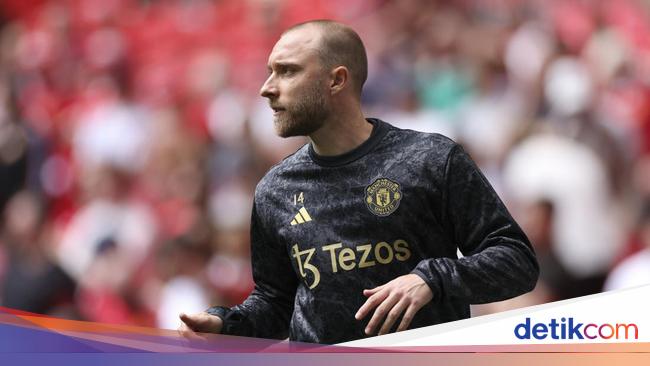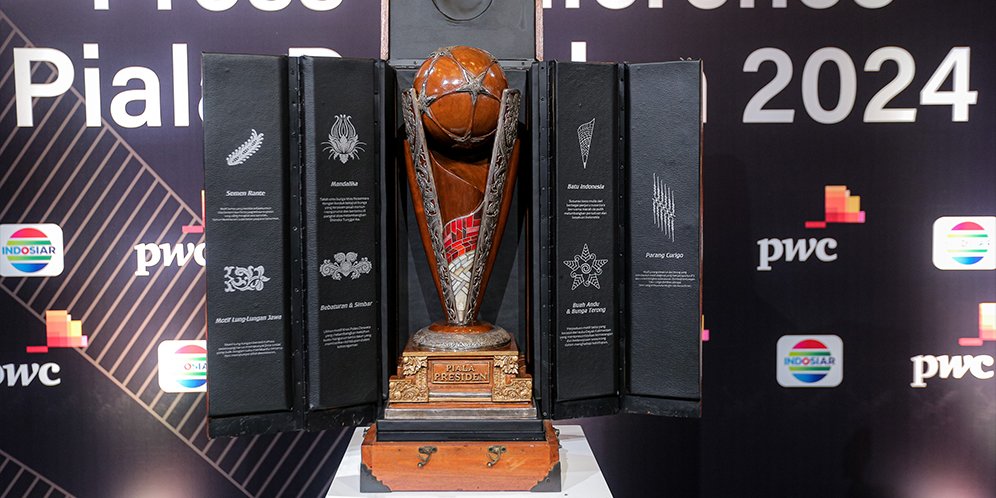Thomas Doll, the head coach of Persija Jakarta, recently expressed his concerns about the lack of penalty kicks awarded to his team in the BRI Liga 1. Doll’s unease stems from the fact that Persija has rarely been given penalty kicks in their matches.
In a recent press conference, Doll voiced his frustration, stating, “It’s really disappointing to see that we rarely get penalty kicks in our matches. I have been observing this trend for quite some time now, and it’s a cause for concern. Penalty kicks can often be crucial in changing the outcome of a game, and it’s disheartening to see that we are not benefitting from them.”
Penalty kicks are an essential part of football, and they can often be a game-changer. Being awarded a penalty kick provides a team with an excellent opportunity to score a goal. It is a direct shot at the goal, with only the goalkeeper standing in the way. Therefore, it is not surprising that Doll feels his team is at a disadvantage due to the lack of penalty kicks.
Doll’s concerns are not unfounded. In the BRI Liga 1, referees play a crucial role in determining whether a team should be awarded a penalty kick. They are responsible for identifying fouls committed inside the penalty box, which warrant a spot-kick. However, it appears that Persija has not received favorable decisions in this regard.
Some argue that the lack of penalty kicks for Persija could be due to a variety of reasons. It could be a result of poor decision-making by the referees, biased officiating, or simply the team’s style of play. Whatever the reason may be, Doll’s concerns highlight the need for a fair and impartial refereeing system in the BRI Liga 1.
The issue of penalty kicks being awarded disproportionately to certain teams is not unique to Persija. It has been a topic of discussion in football leagues worldwide, with many teams feeling that they are not getting their fair share of penalties. This has led to calls for reforms in the way referees make decisions and how video technology can be used to assist them.
In conclusion, Thomas Doll’s concerns about Persija Jakarta rarely being awarded penalty kicks in the BRI Liga 1 are valid. Penalty kicks can greatly impact the outcome of a game, and it is disheartening for a team to feel disadvantaged in this aspect. The issue highlights the need for fair and impartial refereeing in football leagues, ensuring that all teams have an equal chance of benefiting from penalty kicks.








